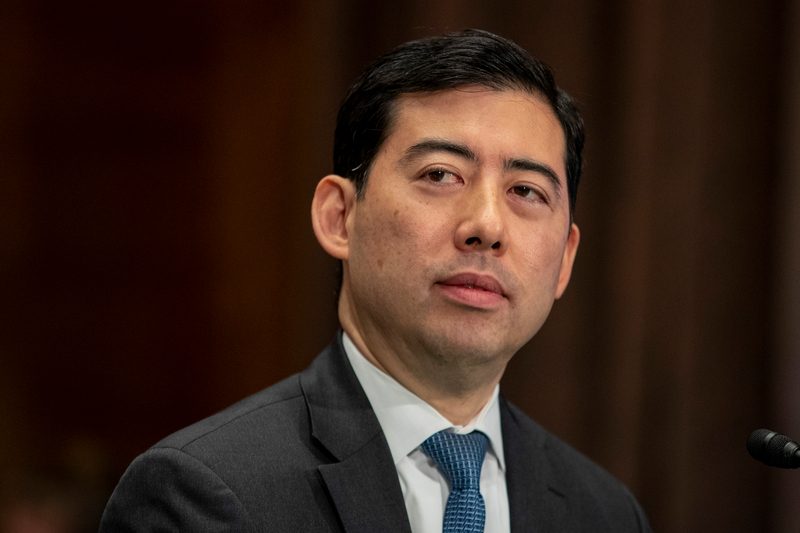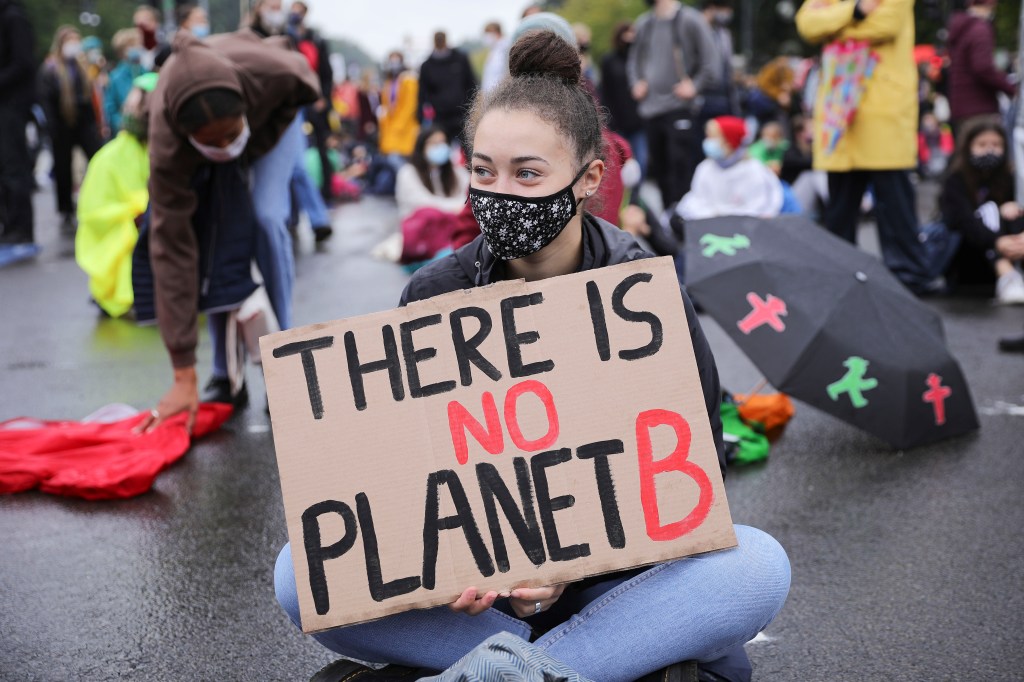The SEC has announced that it has paused the implementation of its recently released climate disclosure rules requiring companies to report on climate-related risks and greenhouse gas emissions. The move comes as the regulator awaits a court review of the new rules following a series of legal challenges by several states and business groups.
Despite the pause, the SEC said in a statement that it will “continue vigorously defending” the new climate disclosure requirements, which it described as “consistent with applicable law and within the Commission’s long-standing authority”.
The SEC said it had stayed the rule in part to avoid regulatory uncertainty for companies that might have been subject to the rule while litigation against it proceeds.
The SEC also said: “Given the procedural complexities accompanying the consolidation and litigation of the large number of petitions for review of the Final Rules, a Commission stay will facilitate the orderly judicial resolution of those challenges and allow the court of appeals to focus on deciding the merits.” (In other words, we want this judicial process to move along as swiftly as possible, so we’ll remove procedural considerations from the court’s review and allow it to focus on the more substantive issues.)
The rule is pending review in the US Court of Appeals for the Eighth Circuit.
The litigation
The Colorado fracking company Liberty Energy Inc, the US Chamber of Commerce, the National Legal and Policy Center, and the Oil and Gas Workers Association have said the SEC overstepped its authority when requiring many companies to disclose their greenhouse gas emissions and climate risks to shareholders. Environmental groups who argued that the final rule was too narrow also filed lawsuits.
Earlier in the week, 18 states and the District of Columbia intervened on behalf of the SEC in the litigation before the US Court of Appeals for the Eighth Circuit. In all, 10 different petitions have now been consolidated under one review by the Eighth Circuit court.
Groups allied with energy interests argue that only Congress can set climate policy, invoking the so-called major doctrines rule. The US Supreme Court’s conservative majority established that rule in 2022 in West Virginia v. EPA, finding that the Environmental Protection Agency did not have a right to cap carbon emissions from power plants as envisioned by its Obama-era Clean Power Plan.
Although the rule’s reporting requirements weren’t slated to go into effect until 2026, some businesses had been preparing to comply, despite the legal wrangling.
(The major doctrines rule says statutes must not be interpreted as delegating power to an agency or other authority to decide major questions unless the text clearly grants such powers to it.)
Red states and opponents of federal regulations to address climate change have relied on that Supreme Court ruling in multiple legal challenges filed since the Biden administration took office.
Implications on the rule
The published rule had an effective date – 60 days from publication or May 4, 2024. The announced stay means that the rules don’t go into effect on May 4, and cascading deadlines won’t be enforceable until after the litigation resolves.
If the litigation is resolved quickly, then the reporting deadlines could still apply as published, with first disclosures for larger registrants in 2026 (for FY 2025). Practically, the longer the litigation extends, the more likely the compliance deadlines are extended for reporting.
Unless this is unusually fast-tracked, litigation is not likely to resolve quickly; the current stay order contemplates that the challenges to the climate rules may extend beyond 2025. It’s hard to envision many SEC registrants devoting time and resources to preparing for compliance with rules that have been stayed, especially the less-large ones subject to it.
And it would not be surprising to see entities slow down their preparations until at least the US Presidential election results are tabulated.
Although the rule’s reporting requirements weren’t slated to go into effect until 2026, some businesses had been preparing to comply, despite the legal wrangling.
And an important reminder here is that, during this period of court review, the 2010 SEC climate disclosure rules remain in place. And other jurisdictions, including California and the European Union, have put in place requirements for climate-related reporting from both publicly traded and privately held companies.
For those SEC registrants subject to other jurisdictional requirements, or already providing voluntary climate-related disclosures on websites and in sustainability reports – or otherwise facing investor pressure to provide such reporting, irrespective of the rules – climate disclosure will (and should, as a best practice) persist in this interim period.













